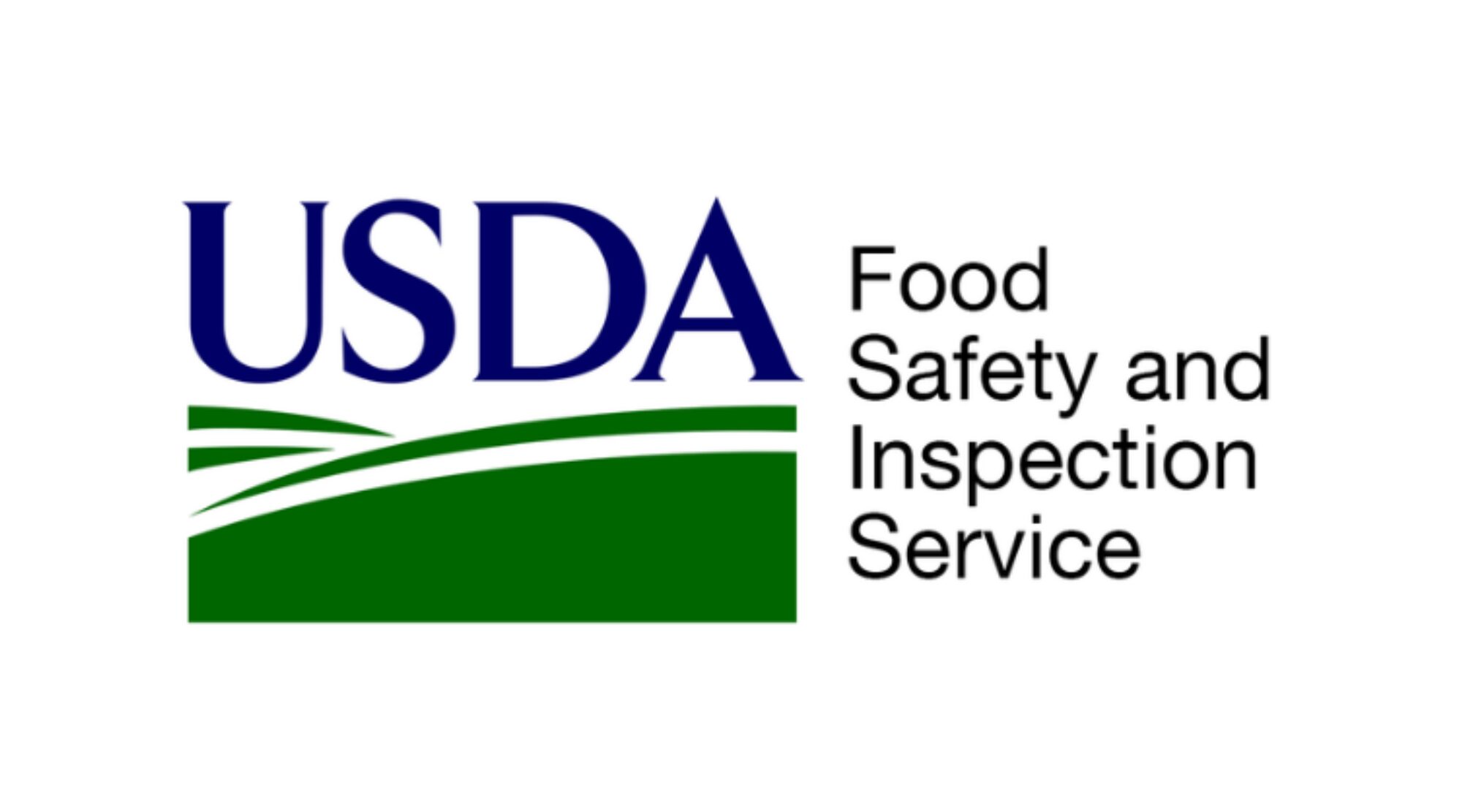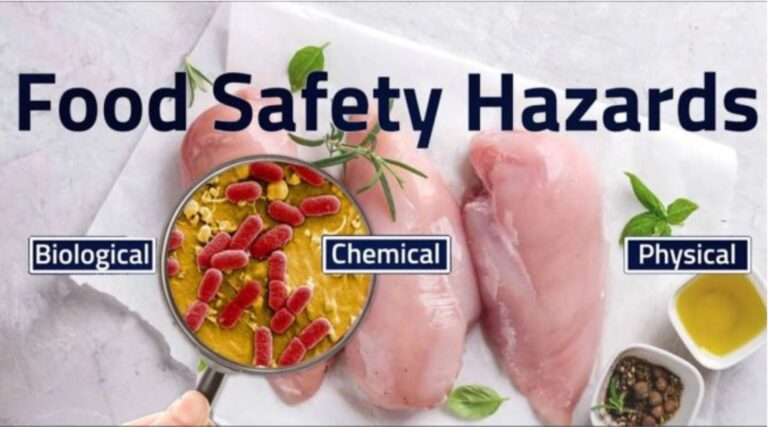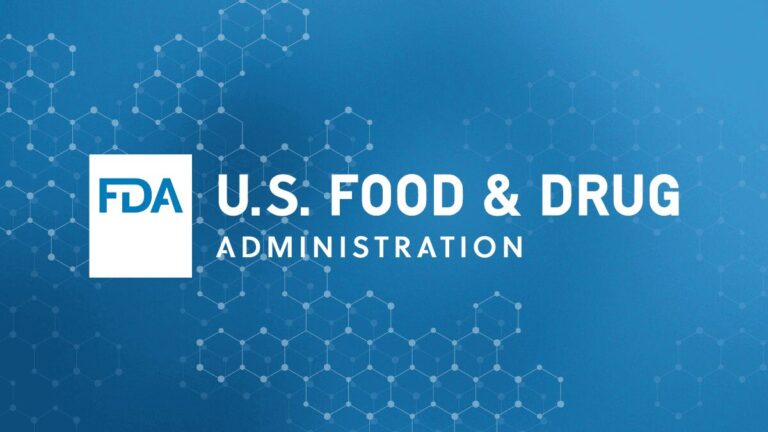Operating in the food industry can indeed be both exciting and challenging, largely due to the complexities of regulatory requirements. It’s common to feel overwhelmed by the number of rules and regulations, especially if you’re a startup. However, these regulations exist for a crucial reason: to protect public health. Food safety regulations are designed to ensure that the food produced, distributed, and consumed is safe, wholesome, and properly labelled. They help prevent contamination, food-borne illnesses, and misleading information that could harm consumers.
In this episode of our article on “Food Safety Regulatory Bodies in the United States”, we will explore the US Department of Agriculture Food Safety Inspection Service (FSIS), understanding their role in ensuring food safety and which food products they oversee their safety, and how what this means to your business if you produce, hold, package, or market any of the food products within the jurisdiction of the FSIS.
Getting to Know FSIS
The FSIS has a mission of protecting public health by preventing illnesses from meat, poultry, and egg products. They do this by ensuring these products are safe, wholesome, and properly labelled. FSIS inspects and regulates these products at various stages of production, including slaughtering, processing, and packaging facilities. These inspections help prevent contamination and ensure compliance with safety standards that are science-based to ensure food safety and food defence.
The FSIS has four Acts which are the Federal Meat Inspection Act, Poultry Product Inspection Act, Egg Product Inspection Act, and Humane Methods of Slaughter Act. As a food business operator processing, handling, or packaging any of these products, understanding and complying with the four main acts enforced by the FSIS is crucial.
Registering for Inspection with FSIS
As a food business processing or handling meat, poultry, or egg products which are food products regulated by the FSIS, you need to be registered with the FSIS. This registration ensures that your facility is known to FSIS and is subject to their inspection and oversight.
Operating without federal inspection is illegal under the Federal Meat Inspection Act (FMIA), Poultry Products Inspection Act (PPIA), and Egg Products Inspection Act (EPIA). Non-compliance can result in severe legal actions, including fines and prosecution. FSIS has the authority to shut down operations at facilities that are not in compliance with federal inspection requirements.
Getting your Facility Registered with FSIS
Before applying for inspection, you should ensure that everything within your facility complies with the FSIS standard.
You have to develop or must have a Hazard Analysis Critical Control Point (HACCP) plan, Sanitation Standard Operating Procedures (SSOPs), and other food safety plans. These are part of the documents that you will be required to submit, alongside your plant design.
After registration, your facility will also be subject to regular FSIS inspections to ensure ongoing compliance with food safety regulations. FSIS inspectors will verify that your operations adhere to the Federal Meat Inspection Act, Poultry Products Inspection Act, Egg Products Inspection Act, and the Humane Methods of Slaughter Act.
Is your facility new and you want to register for the FSIS inspection or are you already in operation and are preparing for a scheduled audit by the FSIS? Do you need assistance aligning your operations with the FSIS Acts? Let Fresh Group be your support! We have dedicated time to understanding the FSIS Acts and we know exactly what is required of you by FSIS. We can save you the stress and help your business pass the FSIS inspection. Book a consultation with Fresh Group and let’s partner with you to achieve your business goals.
FSQ Writer: Oluwatobi Eniyandunmo
Reviewed by: Raphael Samson
Kindly reach out to Fresh Group Food Safety And Quality Consulting for any food quality and safety inquiries.




